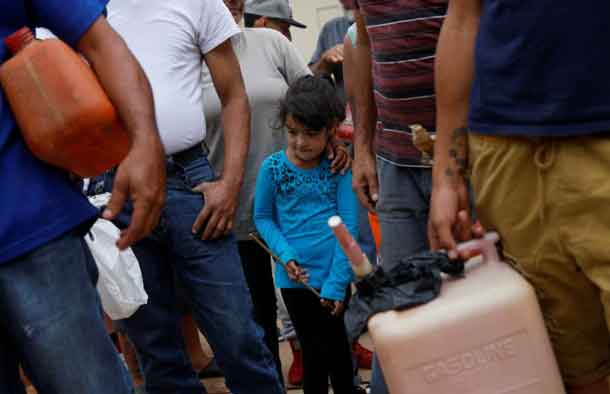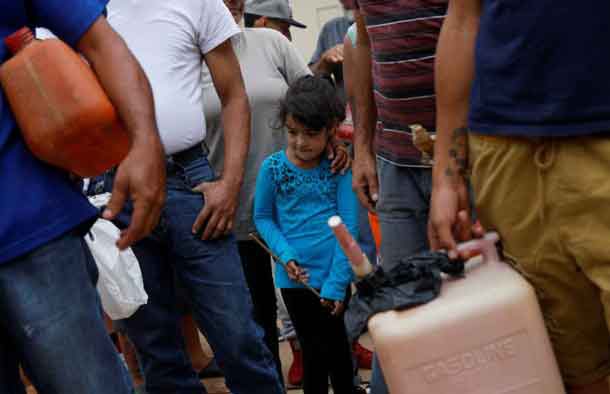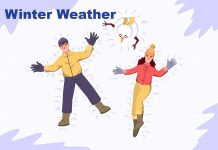

People making $1,000 a year or less are most likely to die in disasters, research shows
By Laurie Goering
LONDON – (Thomson Reuters Foundation) – Fatalities and economic losses from severe weather are rising in many of the world’s poorest countries as climate change and a lack of disaster preparedness worsen threats, risk experts said.
Over the last 35 years, 60 percent of weather-related deaths globally were among people who earn $1,000 a year or less, said Ernst Rauch, a strategy expert at German reinsurance firm Munich Re.
Those deaths – from disasters such as storms, floods, extreme heat, droughts and forest fires – happened largely in some of the world’s poorest countries, including Haiti, Afghanistan, Nepal, Somalia, Madagascar and Mozambique, Rauch told a London conference on climate change this week.
Many of these countries are also seeing the biggest losses from severe weather as a percentage of their GDP, Rauch said.
A 2017 ranking by Verisk Maplecroft, a British risk analysis firm, put 50 countries in its “extreme” risk category, with poor and hurricane-exposed nations in the Caribbean, Central America and Southeast Asia among the most vulnerable.
The figures show countries that develop national strategies to curb risks from extreme weather are faring better as climate change strengthens and disasters ratchet up, Rauch said.
“Addressing risk from a governance perspective is key. If not, every disaster leads to a further drop in economic development,” he said.
One measure that has worked well in many parts of the world is strengthening building codes. Buildings that can stand up to high winds or flooding can help reduce both deaths and economic losses, Rauch said.
Insurance is another way to limit risks, he added, alongside shifting to hardier crops, using irrigation, building levies or moving flood-threatened people out of harm’s way – an often controversial move.
But many risk-cutting efforts face challenges of their own, said experts at Chatham House, a British policy think tank.
Irrigation, for instance, may become harder to manage in places where groundwater supplies are disappearing, and levies, dykes and other infrastructure to manage flooding can fail, as happened in New Orleans with Hurricane Katrina in 2005.
The role of insurance in managing growing losses may also reach its limits if hugely devastating storms, floods and droughts become more frequent and offering cover no longer makes business sense, the experts said.
Puerto Rico’s insurance industry is likely to struggle under the weight of expected losses from hurricanes Irma and Maria, which last month pushed down the stock prices of major insurers on the island, noted the experts in London.
Under the 2015 Paris Agreement to tackle climate change, richer nations have promised to raise $100 billion a year in funding starting from 2020 to help poorer nations cope with climate change impacts and adopt clean energy.
Countries are also working to set up an international mechanism to address unavoidable “loss and damage” from climate change. That mechanism is expected to be a major focus at U.N. climate talks in Bonn in November, following a year of record hurricanes, floods, wildfires and other disasters.
But promised climate aid may not meet growing needs, particularly with major donors such as the United States pulling back from funding promises, the experts said.
Another challenge is that “climate finance” is being defined so broadly that, in Rauch’s view, “not all the money is really making its way to reasonable solutions”.
(Reporting by Laurie Goering @lauriegoering; editing by Megan Rowling; Credit: Thomson Reuters Foundation, the charitable arm of Thomson Reuters, that covers humanitarian news, climate change, resilience, women’s rights, trafficking, and property rights. Visit http://news.trust.org/climate)






